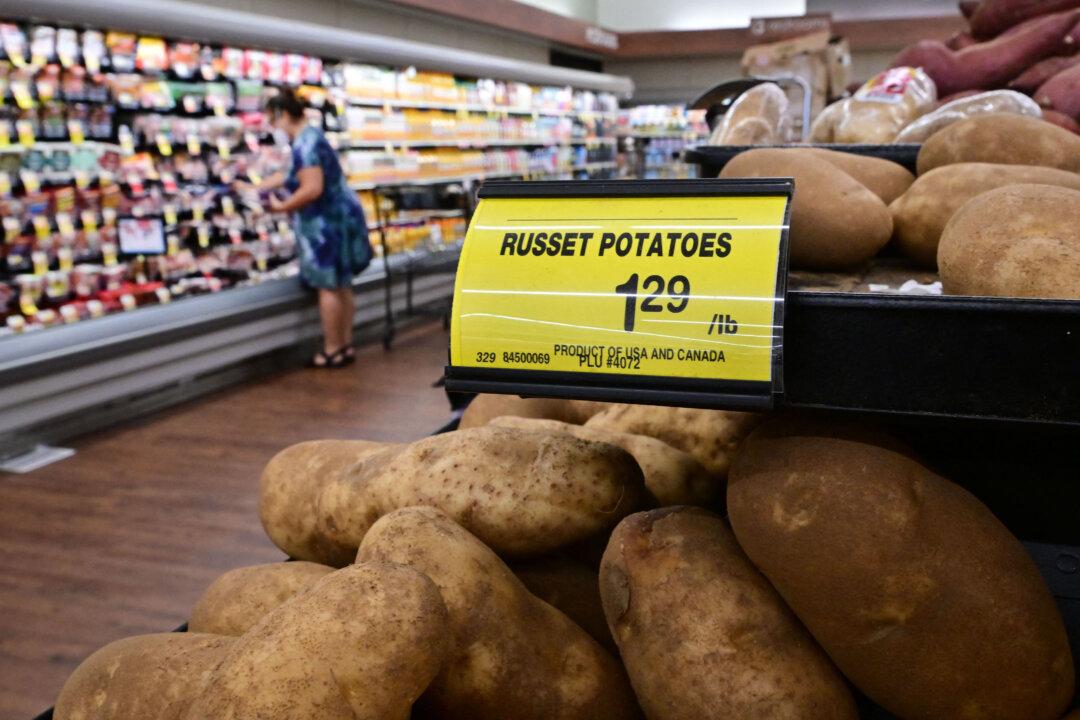A large number of U.S. citizens are taking preparatory steps to confront a looming recession and are cutting down on their spending activities, according to a latest Bankrate survey.
When questioned as to how prepared they are for a recession before the end of 2023, 42 percent of respondents said they were “somewhat prepared, while 17 percent were “very prepared” for the economic situation, states an Aug. 24 Bankrate post detailing the results of the survey. While 24 percent admitted to being “not too prepared,” 17 percent said they were “not at all prepared.”





